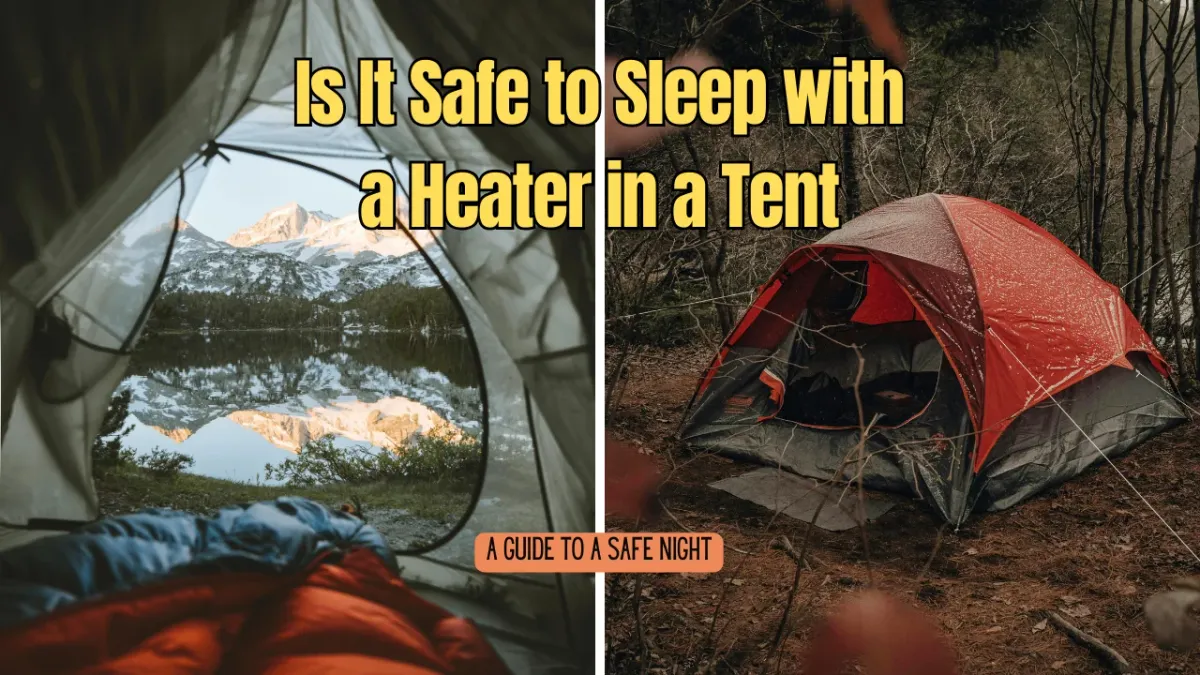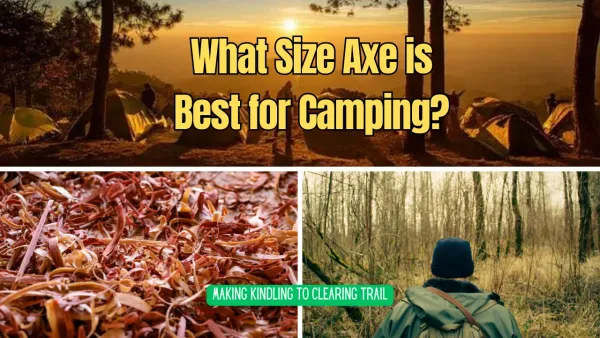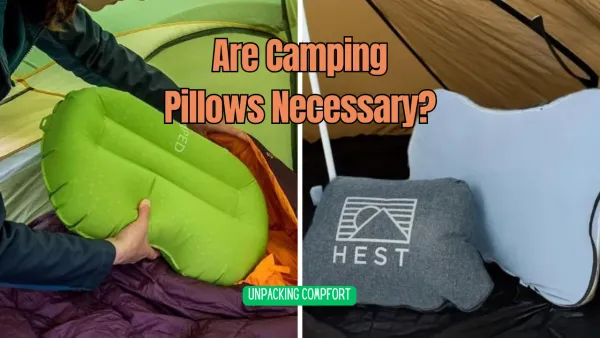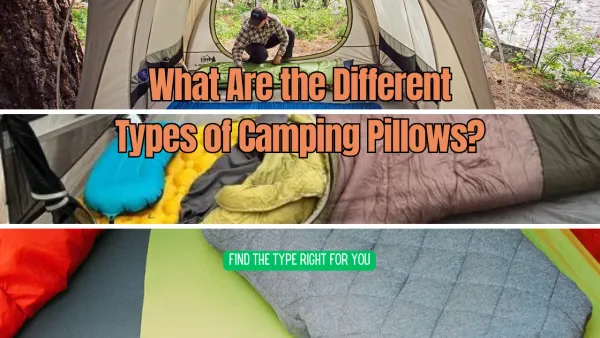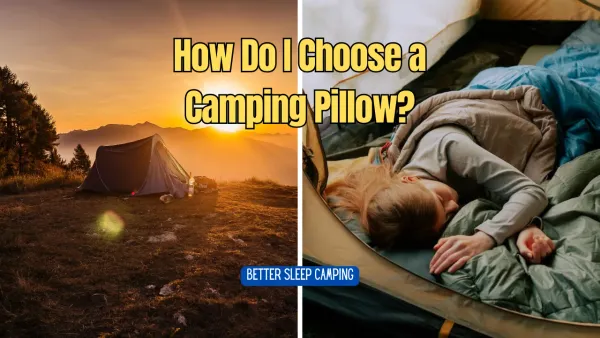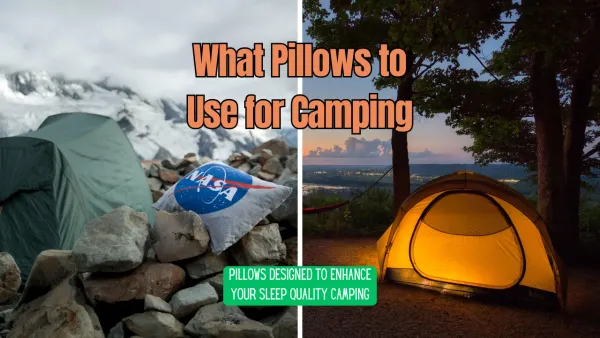When camping in colder climates, staying warm through the night is a priority. Tent heaters have become a popular solution, but their safety, especially when left on overnight, raises important questions.
Key Takeaways:
- Safety Concerns: Understand the risks of carbon monoxide poisoning and fire hazards.
- Types of Heaters: Explore the differences between electric, propane, and oil-filled heaters.
- Best Practices: Learn how to safely use heaters in tents with proper ventilation and safety features.
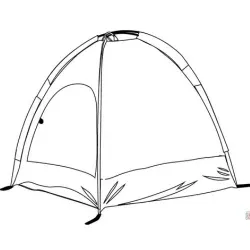
Understanding the Risks of Overnight Heating in Tents
Leaving a tent heater on all night can be risky. The primary concerns revolve around carbon monoxide poisoning and the potential for fire. Carbon monoxide is a colorless, odorless gas that can be deadly if inhaled in large quantities. Propane heaters, even those designed for indoor use, can emit carbon monoxide if they malfunction or are used in poorly ventilated spaces.
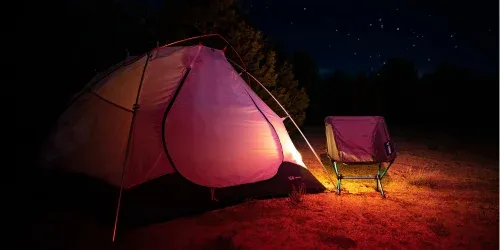
Types of Tent Heaters and Their Safety Features
There are several types of tent heaters, but the most common are electric, propane, and oil-filled. Electric heaters are generally safer because they don't emit carbon monoxide, but they require a power source, which can be a challenge in remote camping areas. Propane heaters are popular for their portability and effectiveness but come with higher risks. Many modern propane heaters have built-in safety features like oxygen sensors and automatic shut-off mechanisms to mitigate these risks.
The Danger of Carbon Monoxide in Enclosed Spaces
Using a propane heater in a small, enclosed space like a tent requires caution. Carbon monoxide poisoning remains a significant risk if the tent is not adequately ventilated. Symptoms of carbon monoxide poisoning include headache, dizziness, weakness, upset stomach, vomiting, chest pain, and confusion, which can be life-threatening if not addressed promptly.
Fire Hazards Associated with Portable Heaters
Another critical concern is the risk of fire. Portable heaters can easily tip over, especially on the uneven ground of a typical campsite. A tipped heater can ignite the tent fabric and other flammable materials within seconds. Additionally, the proximity of the heater to sleeping bags, camping gear, and the tent walls must be carefully managed to prevent accidental fires.
Electric Blankets as an Alternative
For those wary of the risks associated with portable heaters, electric blankets offer a safer alternative. These blankets provide radiant heat and can be used with portable power sources. Unlike space heaters, electric blankets don't have open heating elements that can cause fires, making them a safer option for heating inside a tent.
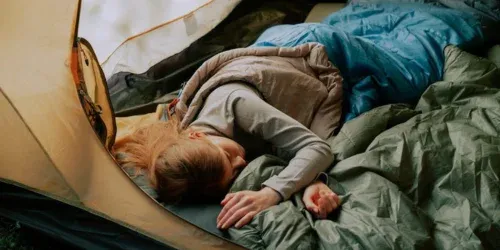
Oil-Filled Heaters: A Safer Heating Option?
Oil-filled heaters are another alternative that might seem safer since they don't have exposed elements or emit carbon monoxide. However, they still present risks in a tent environment, primarily due to their surface temperature, which can get hot enough to ignite nearby materials.
Best Practices for Using Heaters in Tents
When using any heater in a tent, ventilation is crucial. Ensure that the tent has ventilation openings that allow fresh air to circulate and prevent the buildup of carbon monoxide. It's also essential to follow the manufacturer's instructions and use heaters that are appropriate for the size of the tent.
Choosing the Right Heater for Your Tent
Select a heater with adequate safety features, such as an oxygen depletion sensor (ODS) and a tip-over switch that automatically turns the heater off if it falls over. These features are critical for safe use in the confined spaces of a tent.
The Role of Insulation in Tent Heating
Properly insulating your tent can reduce the need for continuous heating throughout the night. Using insulated sleeping pads, a high-quality sleeping bag, and even a tent carpet can help retain heat and reduce the cold air impact from the ground.
Weather Considerations and Heater Efficiency
The effectiveness of a tent heater can be influenced by external weather conditions. Windy conditions can disperse heat faster, making the heater work harder, which could be a safety concern if it's left running all night. Understanding these factors can help you plan better and decide whether to use a heater overnight.
Safety Tips for Overnight Heater Use
If you must use a heater overnight, never leave it unattended while sleeping. Consider setting up alarms or carbon monoxide detectors inside the tent as an additional safety measure. Always ensure that the heater is on a stable surface and away from any fabric or tent walls.
Alternatives to Overnight Heating
Layering up with clothing, using thermal blankets, and sharing tents to maximize body heat are effective alternatives to using a heater all night. These methods can provide sufficient warmth without the risks associated with leaving a heater running.
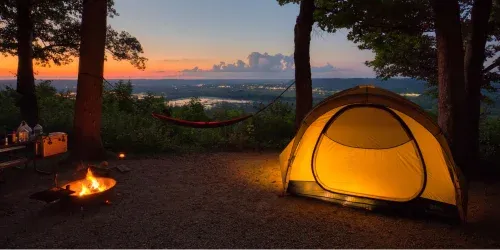
Summary
While tent heaters can provide necessary warmth in cold camping conditions, leaving one running all night poses significant risks. Understanding the types of heaters, their safety features, and proper usage can help mitigate these risks. Always prioritize safety by ensuring adequate ventilation and using heaters equipped with essential safety features.
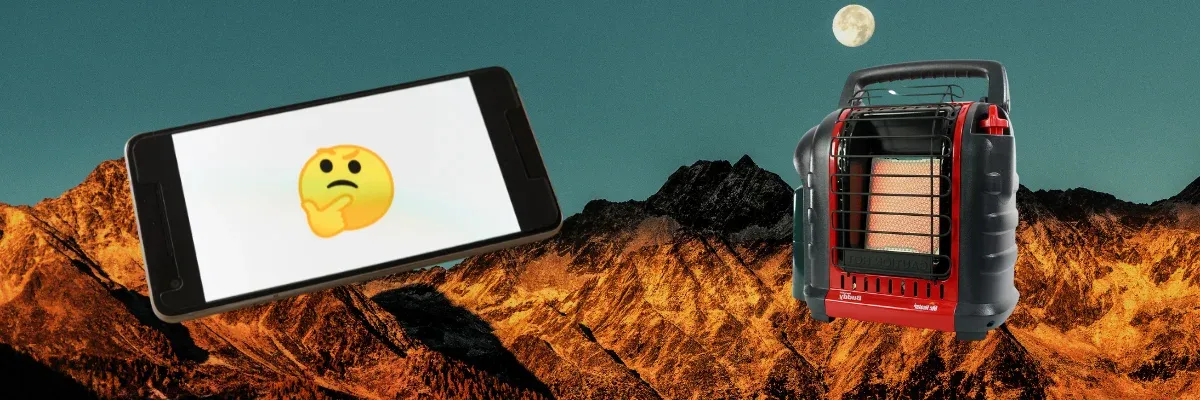
FAQs
Is it safe to use a propane heater in a tent overnight?
It is generally not recommended due to the risks of carbon monoxide poisoning and fire hazards. If you must use one, ensure it has safety features like an oxygen depletion sensor and proper ventilation.
Can electric heaters be used safely in tents?
Electric heaters are safer than propane heaters as they do not emit carbon monoxide. However, they should still be used with caution, ensuring they are placed away from flammable materials and not left running unattended.
What are the safest alternatives to heating a tent overnight?
Using insulated sleeping gear, layering clothing, and utilizing thermal blankets are safer alternatives to using heaters. These methods do not carry the risks of carbon monoxide poisoning or fire.
Related articles:
